Hearing Aid Styles
Ascent Audiology & Hearing
Hearing Aids for All Lifestyles
At Ascent Audiology & Hearing, we combine over 30 years of expertise with compassionate care to deliver advanced hearing solutions that support your overall wellness. With two convenient offices in Dartmouth and Somerset, we’re dedicated to helping you hear and live better every day.
Explore our wide range of hearing aids designed for all lifestyles, from discreet in-ear models to powerful behind-the-ear options, and find the perfect solution tailored to your unique needs and daily activities. We offer top-quality hearing aids from trusted brands like Starkey.
Contact us today to learn how we can help with your hearing needs.
Learn About Each Style To Discover Which Type of Hearing Aid Is Right for You
Receiver-In-Canal
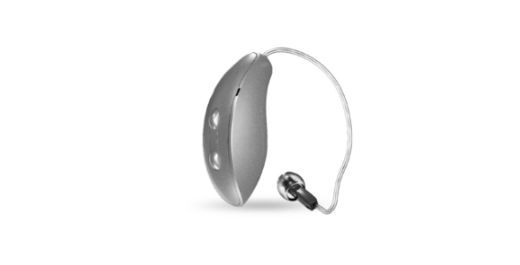
Mild to severe hearing loss
Behind-The-Ear
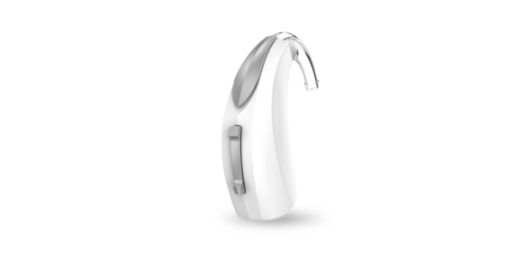
Moderate to profound hearing loss
Completely-In-Canal
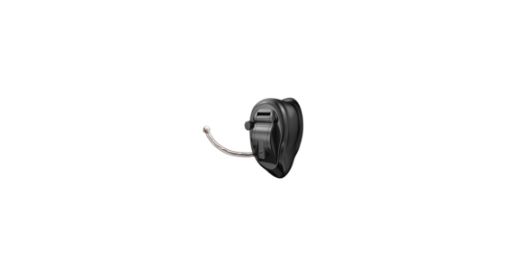
Mild to moderate hearing loss
In-The-Canal
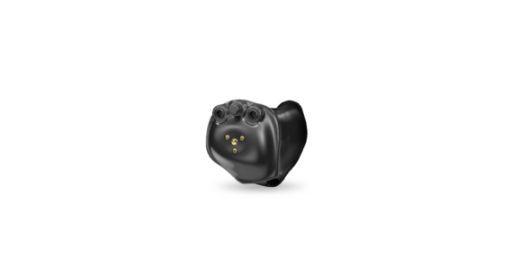
Mild to moderately severe hearing loss
In-The-Ear
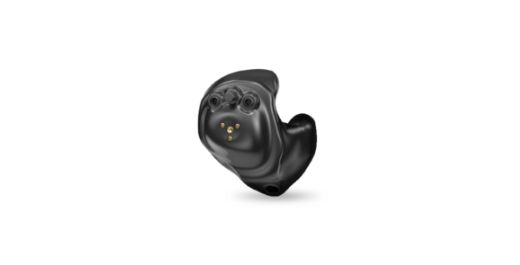
Mild to profound hearing loss
Invisible
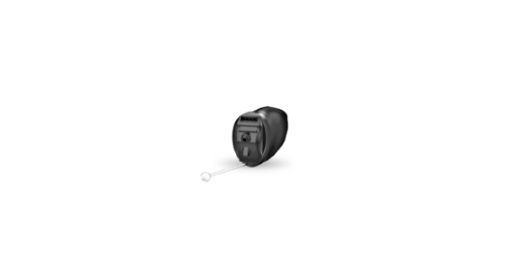
Mild to moderate hearing loss
Are hearing aids expensive?
High-quality custom hearing aids are a significant investment. However, they provide daily improvements to your quality of life, making them a worthwhile expense for many individuals. Ascent Audiology & Hearing can help you find the right options for your budget and lifestyle.How do I know if I need a hearing aid?
If you find yourself frequently asking others to repeat themselves, have difficulty hearing in noisy environments, or need to increase the volume on your television higher than others prefer, it may be time to consider a hearing test. An audiologist can assess your hearing capabilities and determine if a hearing aid would be beneficial for you.Do hearing aids restore normal hearing?
Hearing aids do not cure hearing loss or restore natural hearing. Instead, they function by amplifying sounds to make them more audible. With proper fitting and adjustment, hearing aids can significantly enhance communication abilities and overall quality of life for those with hearing impairments.How long do hearing aids last?
The lifespan of hearing aids typically ranges from three to seven years, depending on the brand, model, and maintenance. Regular cleaning and professional servicing can help extend their durability and performance.What types of hearing aids are available?
Hearing aids are available in various styles, including behind-the-ear (BTE), receiver-in-canal (RIC), in-the-ear (ITE), completely-in-canal (CIC), and invisible (IIC). The most suitable type for an individual depends on factors such as the degree of hearing loss, lifestyle requirements, and personal preferences. An audiologist can provide guidance in selecting the most appropriate model.Will my insurance cover my hearing aid?
Insurance coverage for hearing aids varies. Some private insurance plans, Massachusetts Medicaid, and the VA may offer partial or full coverage. While Medicare typically does not cover hearing aids, it's advisable to review your specific plan details. Your audiologist's office can assist you in navigating your insurance benefits and coverage options.




